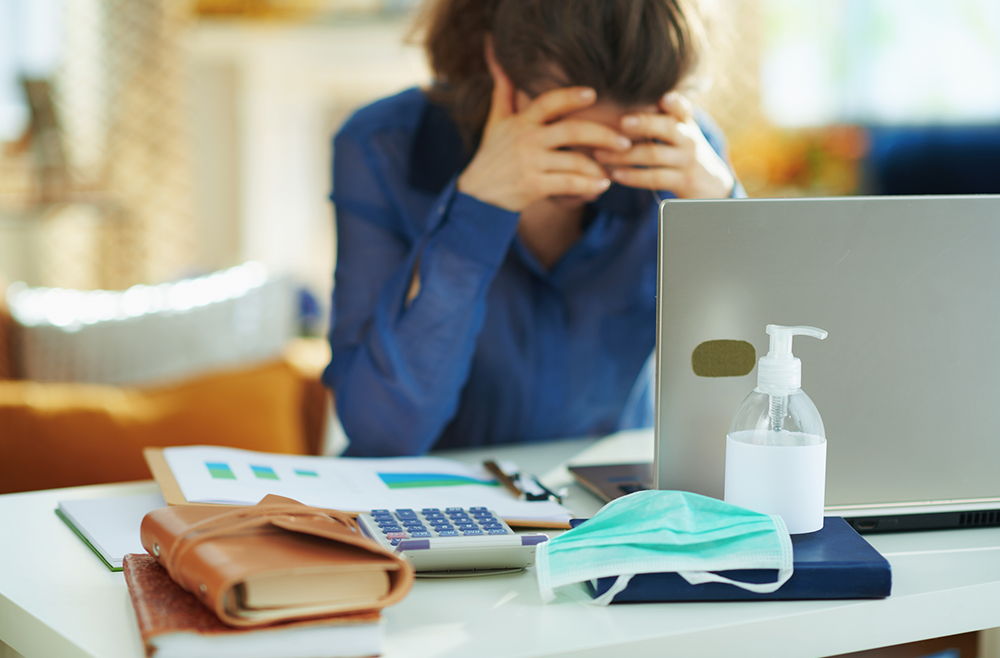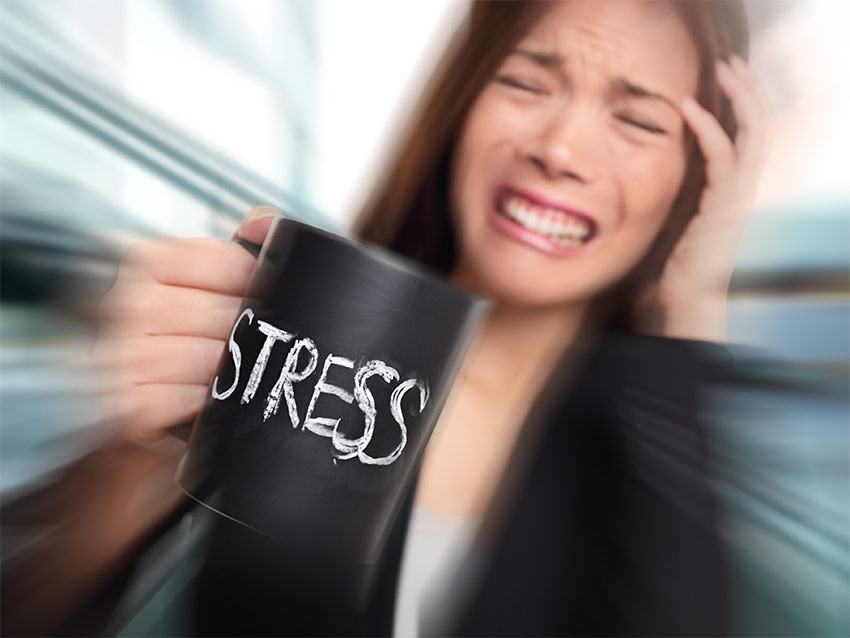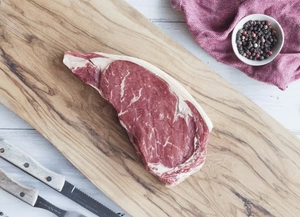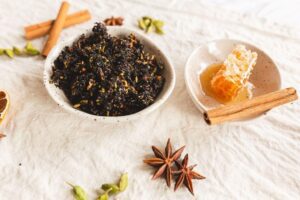The Coronavirus and forced isolation that has resulted, has created an enormous amount of stress for many Australians.

Many people have lost their job or face the threat of losing income in the future, the share market has crashed and many people are left wondering how they’re going to pay the rent, cover the mortgage and continue running businesses. On top of that many families are trying to juggle working from home whilst also taking on the mammoth task of home-schooling.
So it’s fair to say that we’re all experiencing increased levels of stress!
Over recent weeks we’ve seen an enormous increase in customers requesting supplements to support stress and anxiety. This is fantastic news because if we don’t get our stress levels under control then our immune systems remain highly comprised. So from multiple fronts, we can see the importance of taking good care of our mental health.
There are some incredible herbs, nutraceuticals, homeopathy, essential oils and flower essences that can help you feel more grounded, less anxious, happier and more focused.
A combination of both approaches will always yield the best results after all. One of our favourite remedy which has been used by many patients for eons, is flower essence. Flower essence help manage emotions from an energetic level.
They are available as lozenges, sprays and drops and can be carried in a handbag or backpack for when you run into emotional challenges. Talk to one of your in house naturopath’s or book an appointment with me for a naturopathic consultation to get the right combination for you.
Here’s my top 8 lifestyle changes that can help reduce your stress and anxiety levels
1. Get outside in nature:
Exposing ourselves to “green space” has a profound effect on our mental and physical well-being. A 1984 study showed that patients in hospital rooms with open windows overlooking ‘green spaces’, required less pain relief and recovered much faster. So even if you can’t physically get outside, open the blinds to let the sunshine in, or better yet get some fresh air within the confines of your garden or balcony.
2. Get Daily Exercise:
The Bakers Heart & Diabetes Institute recently published an article which showed that spending less time on the couch can decrease the risk of mental health problems by up to three-fold.Exercise isn’t just important for physical health and weight management but it also significantly reduces your risk of anxiety and depression. Their key recommendation is to reduce your total sitting time, by breaking up long periods of sitting as much as possible. This means making a conscious effort to stand up and move every 30 minutes, even if it’s doing a few quick star jumps
3. Get enough sleep:
With many of us working from home and juggling the demands of kids, our night-time routines may have gone out the window, resulting in insufficient sleep. Over time this can have a big impact on our mental health. Studies show that insufficient sleep increases the likelihood of feelings of depression, hopelessness, restlessness and nervousness. Getting less than 5-hours sleep increases the odds of these symptoms by 3-4 fold, whilst less than optimal sleep (6 hours/day) increases the odds by 60-80%. So if you want to feel less frazzled, aim for an absolute minimum of 7 hours sleep a night.
4. Be careful with coffee consumption:
Large quantities of caffeine increase cortisol levels and symptoms of anxiety, and this effect may be more pronounced in certain individuals. Studies show that caffeine increases alertness by blocking a brain chemical (adenosine) that makes you feel tired, whilst concurrently triggering the release of adrenalin, which helps increase energy. However, adrenalin also turns on our flight and fight response which can be especially problematic for people that experience anxiety, particularly social anxiety or panic disorder. This doesn’t mean you have to ditch your coffee habit altogether, but I do advise that your stick to 1-2 cups/day of good quality coffee (avoid instant coffee like the plague) if you want to function at your best.
5. Take a bath:
Taking a bath is my preferred form of mindfulness, and something I often recommend to patients. If you want to increase the benefits then add a cup of magnesium chloride (this is absorbed better than magnesium sulphate/Epsom salts), and a few drops of your favourite essential oils. We sell magnesium salt and a large variety of essential oils in-store so please ask us if you would like some help selecting an oil which is safe to be used topically or in the bath.
6. Learn to meditate:
According to over 47 peer-reviewed studies meditation can help reduce anxiety, depression and pain, and thanks to smartphones there are now hundreds of apps to guide us through the process. Insight Timer is one of my favourites of the bunch and is available to download for free on both android and iPhone if you want to check it out.
7. Alone time:
Actively engaging in alone time allows you to think through decisions and reflect. During this period of self-isolation, many of us are suddenly living on top of each other. Kids are permanently home from school, many parents are working from home, and sometimes being with the same people 24/7 put a strain on relationships. So it’s important to schedule alone time in advance so that everyone can keep their sanity.
8. Tame your sweet tooth:
I know this isn’t what you want to hear, but if you want to tame your anxiety you really need to keep tabs on your sugar intake. A diet high in sugars has been linked to cognitive impairments, negative neuroplasticity and emotional disorders such as anxiety and depression.
When we’re stressed it can be easy to reach for comfort foods like chocolate, ice-cream and cake. It temporarily makes us feel better due to an immediate surge in dopamine, which makes us feel incredible. However, intake of high sugar foods leads to poor blood sugar regulation and this can worsen feelings of anxiety and depression.
Making changes to your daily routine can be daunting, so start with just one of these suggestions and go from there.
Combining nutritional and herbal supplementation with lifestyle changes can result in big benefits, particularly when it comes to your emotional well-being.
Anxiety can be caused by a variety of different factors – which go beyond our self-talk and your surrounding environment. This includes factors such as microbial diversity, hormonal imbalance, inflammation, excess weight, unresolved viral infections, parasites and blood sugar dysregulation. To optimise your mental health ALL of these factors need to be taken into account.
If you would like to explore some of the driving causes for your anxiety then please consider booking in for a naturopathic consultation. As someone that’s experienced severe levels of anxiety myself, I’m always keen to help patients identify the underlying cause of their symptoms and work through their resolution.
Article By:
Joey Thomas – Rekindled Wellness



